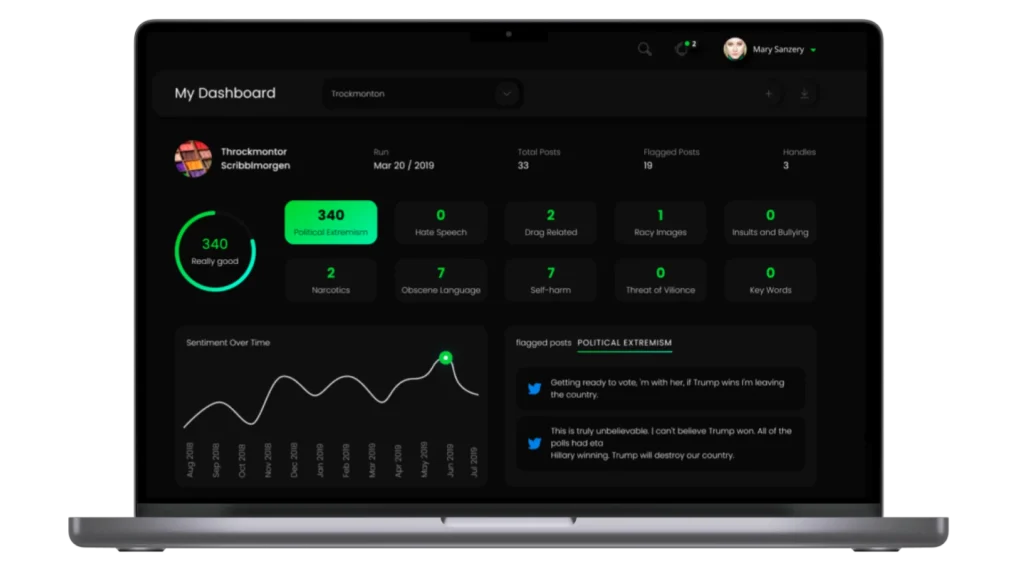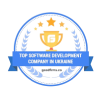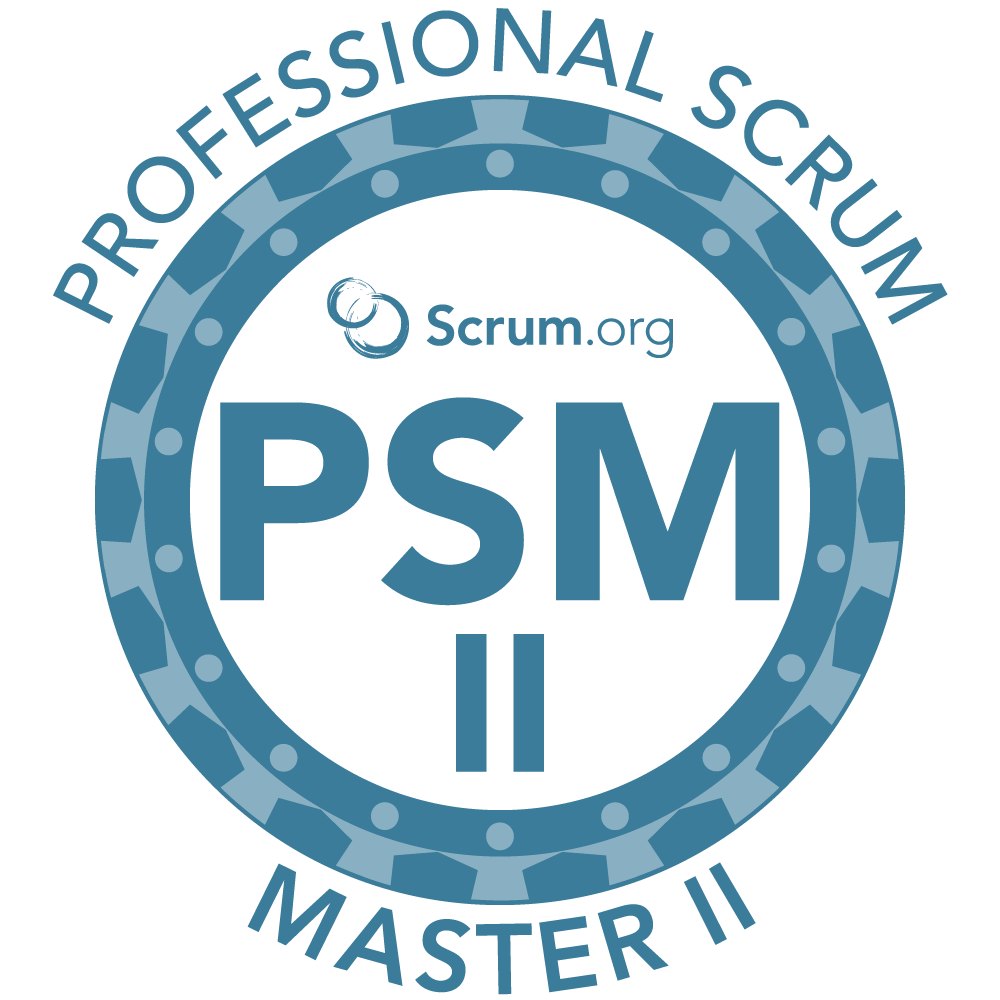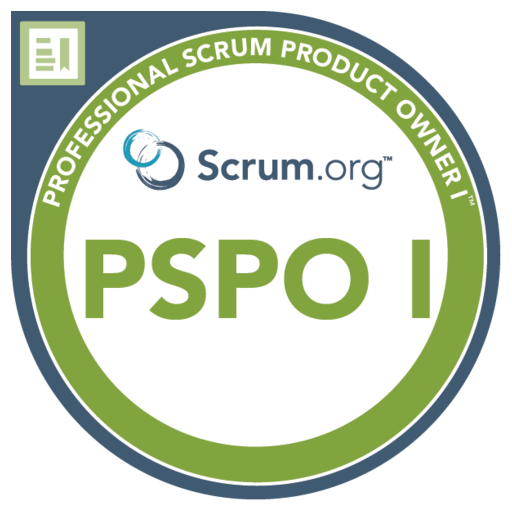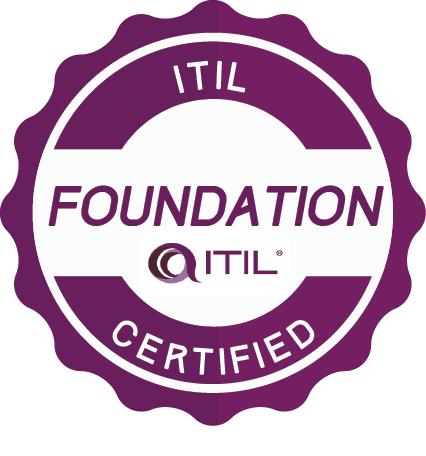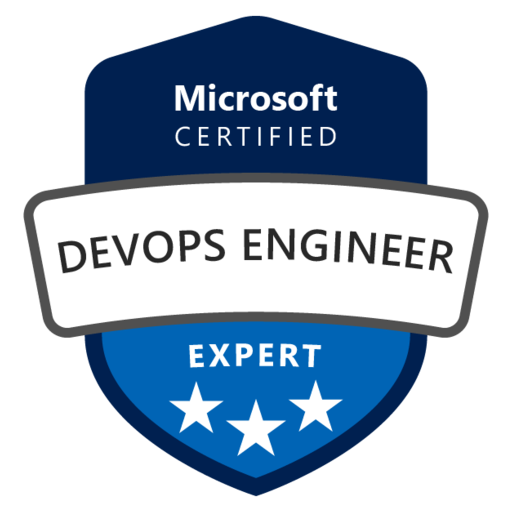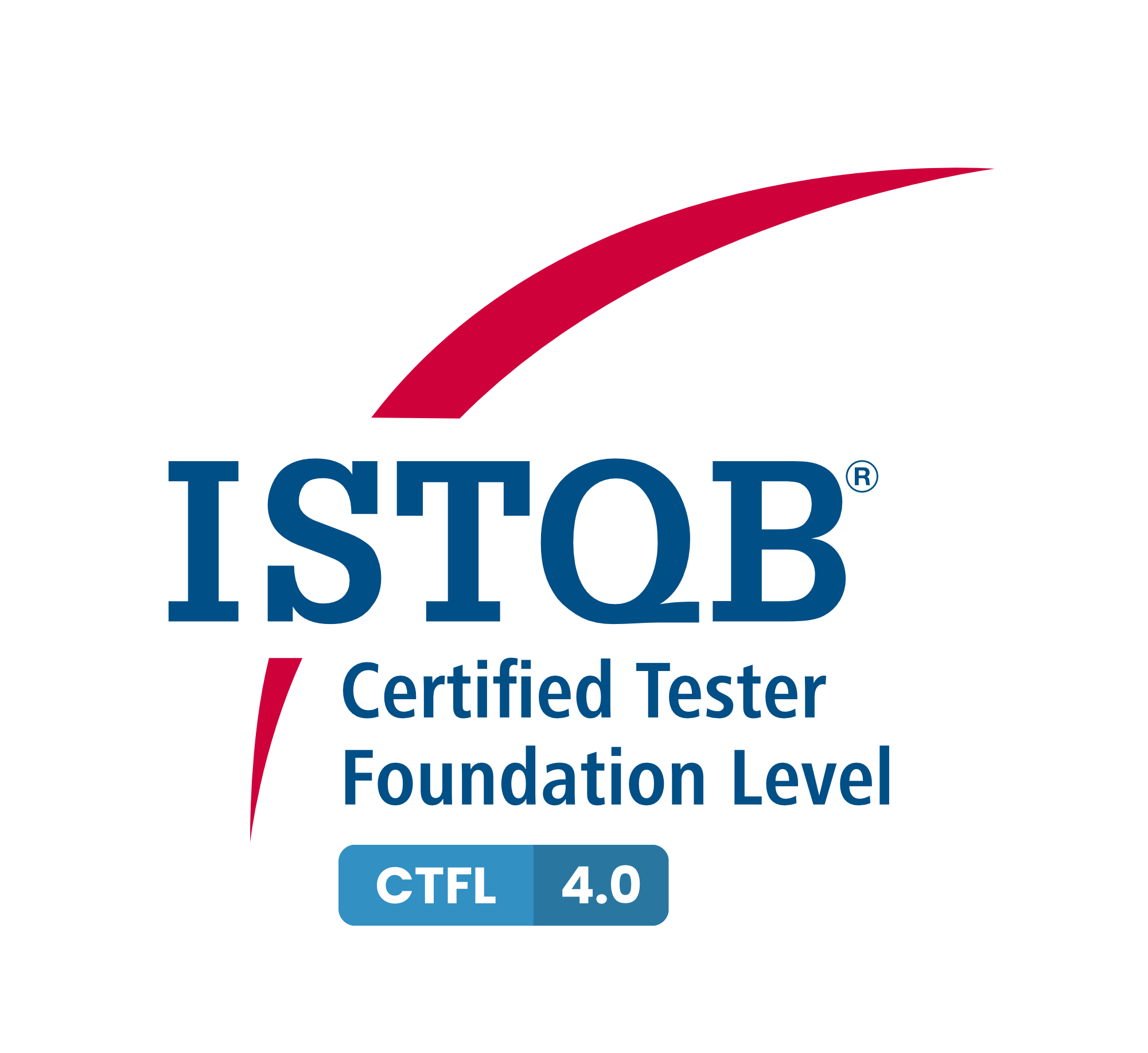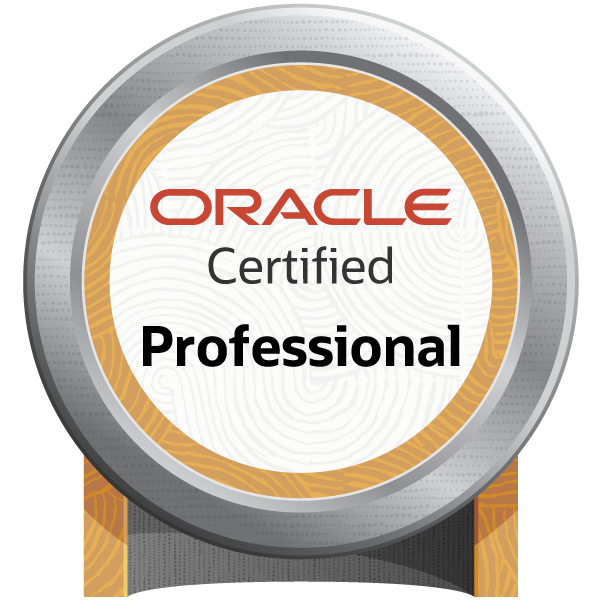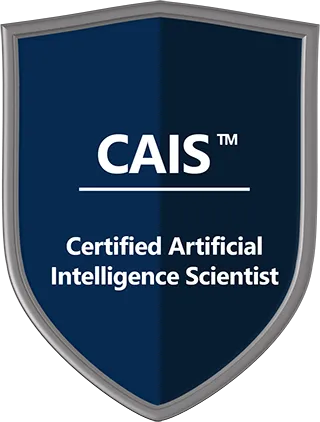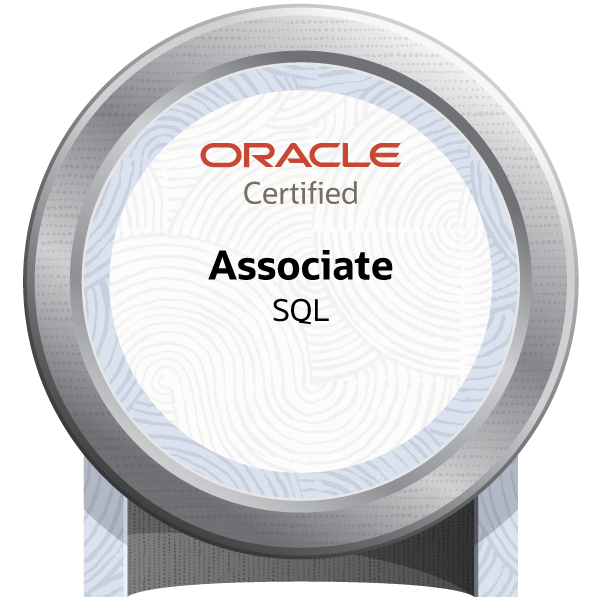Let us provide expert advice on how to leverage ML to meet your business objectives where AI capabilities can be most relevant. Based on your idea, we can tell you whether machine learning solutions are relevant and include strategy development for ML implementation and scaling.

Machine Learning Development Services
What is Machine Learning and How Can it Help My Business?
Machine Learning (ML) is a branch of artificial intelligence that develops algorithms and statistical models enabling computers to learn and make decisions without being explicitly programmed for specific tasks. Basically, the principle lies in teaching a computer to learn from experience. This technology relies on patterns and inference to perform various functions.
Machine learning solutions development is applicable to various industries, contributing different benefits to everyday operations. For example, it works with data, providing data engineering solutions and predictive analytics, which allows businesses to get better, more comprehensive insights from their work. It’s also powerful in security measures, as it both detects threat, identifies potential risks, and serves as a component of many security solutions like voice or face recognition systems.
Machine Learning Development Services We Provide
The notion of a machine learning solution entails a wide range of applications: we can develop a system that will improve your business objectives by many indicators, help your security system, or provide advanced analytics. See what Devox can offer. Natural language processing software development will transform your user experience and help you cater to your user better. With Devox as your natural language processing developer, regardless of the exact solution, it can bring you several tangible advantages: see what those are.
-
Consulting and Strategy Development
-
Data Processing and Analysis
Preparing and processing large datasets to be used in machine learning. We create python machine learning solutions like predictive analytics tools: the scope here includes data cleaning, normalization, and transformation to ensure high-quality inputs for the ML models.
Read more -
Algorithm Selection and Optimization
Choosing and fine-tuning the most appropriate ML algorithms for the business’s specific challenges and goals. We are testing different models to find the best fit, then adjusting hyperparameters and modifying algorithms to suit the unique characteristics of your data and business objectives.
-
Integration Services
Integrating ML models into existing business systems and workflows. Our team ensures that the ML solutions work seamlessly with current business processes and software.
-
Training and Testing
Training ML models with datasets and continuously testing and validating them to ensure accuracy and reliability. We can train and test your existing ML model from scratch; otherwise, this stage is a part of our standard AI development SDLC.
-
Computer Vision
Training computers to interpret and understand the visual world. Let your system identify, classify and react to objects with precision using digital images from cameras, videos and deep learning models.
-
Voice Recognition
Devox can create advanced voice-driven applications that understand and respond to human speech. Our services range from voice-activated assistants and customer service bots to speech-to-text solutions and interactive voice response systems.
-
NLP/NLG Development
Creating intelligent chatbots and virtual assistants that can understand and respond to user queries in natural language. These are tailored for customer support, e-commerce, and interactive user engagement, providing a seamless conversational experience. Alternatively, we can develop an advanced NLP service generating human-like text from structured data for automated report generation, content creation, and providing narrative insights from data analytics.
-
Cloud and On-Premises ML Deployment
Benefit from flexible deployment options Devox offers, both on cloud platforms for scalability and cost-effectiveness or on-premises for more diligent data security and control. They handle the setup, maintenance, and scaling of the ML infrastructure as per the business needs.
-
ML for IoT (Internet of Things)
Integrating Machine Learning with Internet of Things (IoT) devices, the company develops smart, connected solutions that can learn and adapt over time. Ideal for businesses looking to enhance their IoT applications with advanced data analysis and predictive capabilities.
Natural Language Processing Developer Solutions for Your Business
Benefits of Machine Learning Development Services for Your Business
Understanding machine learning solution comes through understanding what business objectives it can improve. Regardless of the industry you work in, you’ll tackle numerous and most versatile pains: see what you’ll improve.
Improve Decision Making and Leverage Predictive Insights
Machine learning analyzes large sets of data to identify trends and patterns, helping you make informed decisions and reducing the reliance on guesswork. Forecast future trends, customer behaviors, and market changes to plan and optimize your business strategy the best way possible.
Stand Up to Fraud and Boost Security
Eliminate any threat like information leakage in the bud thanks to solutions like biometric recognition or ML-driven data analysis. Be prepared to repel any attack: you’ll identify fraudulent activities and security breaches by recognizing patterns that indicating suspicious behavior early.
Cut Costs Where Necessary
Reduce operational costs by streamlining operations and automating tasks: machine learning solutions reduce the need for manual labor, freeing your specialists to make effort where their unique skills are needed most, and direct budget to what will definitely pay off: insights from ML-processed data will tell you what those directions are.
Reach Product and Service Innovation and Get Above Competitors
Machine learning can analyze customer feedback and market trends to assist in developing new and improved products and services. Leverage data-driven insights to reach impeccable service - and gain competitive advantage automatically.
Key Features Every Natural Language Processing Developer Add into the Solution
Learning and Self-Improvement
The core feature of any ML system is its ability to learn from data. Unlike traditional software, which follows explicitly programmed instructions, an ML system improves its performance over time by learning from past experiences or data through techniques like reinforcement learning and feedback.
Predictive Analysis
ML systems are often used for predictive analysis. They can forecast future events, trends, or behaviors based on historical data, which is invaluable for decision-making in various domains.
Adaptability
ML systems can adapt to new data and changes over time. This flexibility allows them to stay relevant and effective even as the nature of the data or the environment changes.
Pattern Recognition
ML systems are adept at identifying patterns and correlations in large datasets that might not be immediately apparent to humans. This is useful in numerous applications, from detecting fraudulent transactions to recommending products to customers.
Automation of Decision-Making Processes
ML systems can automate complex decision-making processes by using learned data patterns to make predictions or take actions.
Handling of Large and Diverse Data Sets
ML systems are designed to handle vast amounts of data and can process and analyze data from varied sources, including structured, unstructured, and semi-structured data.
Customization and Personalization
ML systems can provide personalized experiences to users by learning from individual user data. This is widely used in applications like content recommendation and targeted marketing.
Real-Time Data Processing
Many ML systems can process and analyze data in real-time, providing immediate insights and responses, which is crucial in time-sensitive applications.
Trusted by
Industry Contribution Awards & Certifications
Testimonials
FAQ on Machine Learning Solutions Development for Your Enterprise
-
What industries can benefit most from Machine Learning Development services?
So far, artificial intelligence and machine learning services are helping most in industries like healthcare, finance & banking, retail, manufacturing, e-commerce, transportation and logistics, telecommunications, energy, agriculture, education, marketing & advertising. Each industry has unique applications tailored to its specific challenges, and Devox can help you develop a customized software.
-
What programming languages and technologies do you use for Machine Learning Development?
We primarily use Python for its extensive libraries like TensorFlow, PyTorch, and scikit-learn, which are ideal for ML development. For big data processing, we utilize Apache Spark, and for cloud-based solutions, we employ AWS and Azure ML services. This tech stack ensures robust, scalable, and efficient ML solutions.
-
How long does machine learning development take?
The time it takes to develop a Machine Learning (ML) project varies widely. Simple projects with clear objectives and readily available data can take a few weeks to a couple of months. More complex projects, involving large datasets and sophisticated algorithms, might take several months to over a year. The key factors influencing this timeline include the complexity of the ML task, the quality and availability of data, the intricacies of model training and tuning, and the integration process with existing systems. Additionally, the expertise of the development team and the computational resources available can significantly impact the development speed.
-
How is the process of ML development different from SDLC?
Machine Learning (ML) development differs from traditional Software Development Life Cycle (SDLC) mainly ints focus on data and model iteration.
In ML, a significant portion of the process involves collecting, processing, and analyzing data, unlike in traditional software development where the emphasis is on meeting specific functional requirements. ML projects are characterized by extensive experimentation and tuning of models, making them more iterative and less predictable.
Success in machine learning solutions architect is measured by specific performance metrics like accuracy and precision, whereas traditional software success is assessed based on functionality and user satisfaction. Additionally, deploying an ML model requires ongoing monitoring and updates to maintain its effectiveness, a step that’s typically less intensive in conventional software.
-
Can you integrate Machine Learning solutions with existing business systems?
Yes, Machine Learning (ML) solutions can be integrated with existing business systems. The integration process involves first understanding your current system’s architecture and data flow. We then establish data pipelines to feed relevant data from your systems to the ML models. This is often achieved using APIs or developing microservices to ensure seamless communication between the ML solution and your existing software
Once integrated, the ML system can enhance your current setup by providing advanced data analysis, predictive insights, and automation capabilities. Continuous monitoring and adjustments are made post-integration to ensure optimal performance and compatibility with your business processes.
-
What are machine learning practice problems and solutions?
Machine learning practice problems and solutions involve applying ML algorithms to real-world scenarios to gain practical skills. Common problems include classification tasks like email spam detection, regression tasks such as predicting housing prices, and clustering for customer segmentation.
Solutions require selecting appropriate algorithms, processing and analyzing data, and training and testing models. For instance, in spam detection, a model is trained on a dataset of labeled emails to classify them as spam or not. In all cases, the effectiveness of a solution is evaluated based on its accuracy, efficiency, and ability to generalize from training data to real-world situations.
-
How do you select and prepare the training data for ML projects?
We start with the business goal and work our way back. First, we figure out what “good prediction” means, and then we add what data we need to support it. After that, we gather data, remove duplicates, rectify errors, deal with missing information, and unify formatting. Lastly, we create aggregations, ratios, time periods, and domain-specific signals, whicheve applicable, and divide the data into training, validation, and test sets to keep it from leaking and overfitting. As a result, ML uses only processed data and “hallucinate” less.
-
What are typical data engineering challenges in machine learning development?
Some common problems include disorganized or missing data, mismatching schemas, and bad data quality. Another important problem is making pipelines that can handle real-time or enormous amounts of data without breaking. In any way we focus on cost-effective solutions on storage and computing while yet keeping the data fresh enough for accurate forecasts.
-
How do you evaluate and monitor model performance post-deployment?
We choose KPIs that meet the business aim (such as accuracy, F1, ROC-AUC, MAPE, or revenue uplift) before deployment. Thereafter, we monitor and compare these metrics throughout time, as well as set up alarms for when performance dips or drifts. Monitoring also inlcudes checking behavior, retraining every so often, and safely A/B testing where needed.
-
What strategies do you use to avoid model bias and ensure fairness?
The first red flag is conncected with labels and skewed representation. If they are ok, we can proceed. Also, we look at fairness measures across key user groups, such as error rates and false positive/negative rates. Lastly, we include human in the loop, periodically reviewing the models as data and user behavior change.
Want to Achieve Your Goals? Book Your Call Now!
We Fix, Transform, and Skyrocket Your Software.
Tell us where your system needs help — we’ll show you how to move forward with clarity and speed. From architecture to launch — we’re your engineering partner.
Book your free consultation. We’ll help you move faster, and smarter.
Let's Discuss Your Project!
Share the details of your project – like scope or business challenges. Our team will carefully study them and then we’ll figure out the next move together.
Thank You for Contacting Us!
We appreciate you reaching out. Your message has been received, and a member of our team will get back to you within 24 hours.
In the meantime, feel free to follow our social.
Thank You for Subscribing!
Welcome to the Devox Software community! We're excited to have you on board. You'll now receive the latest industry insights, company news, and exclusive updates straight to your inbox.









